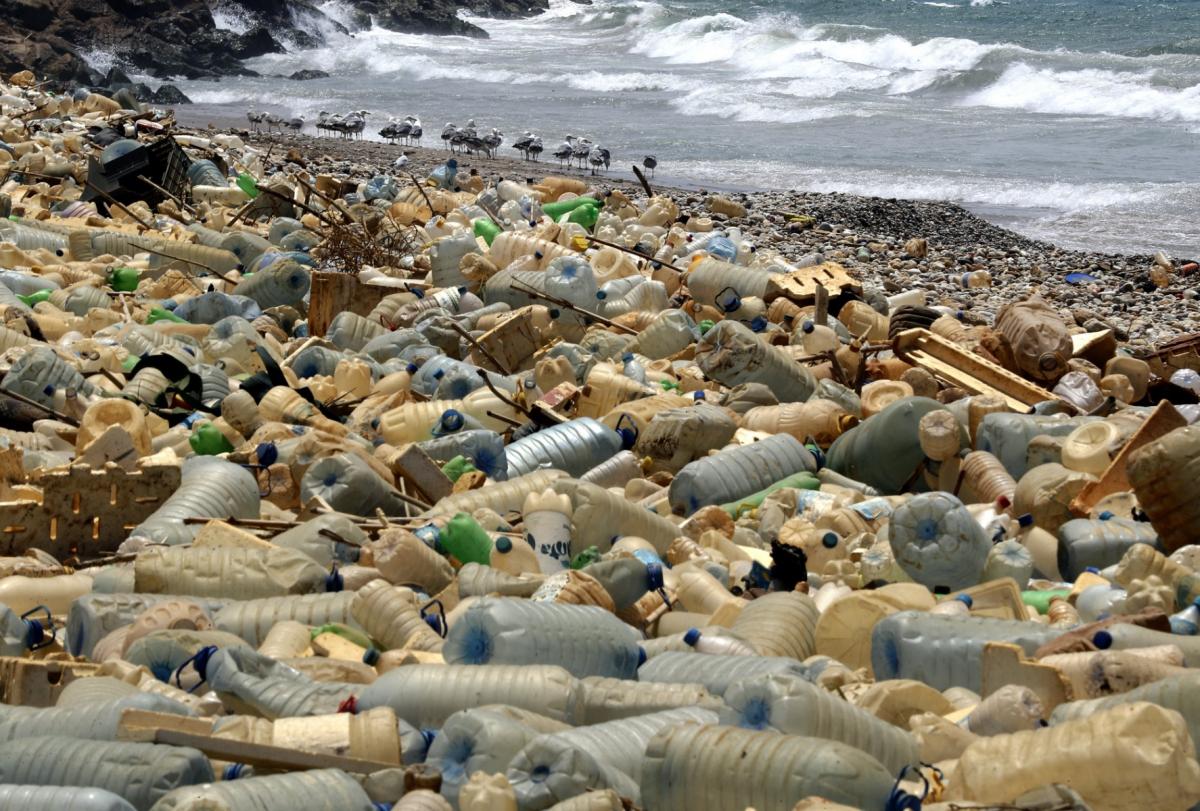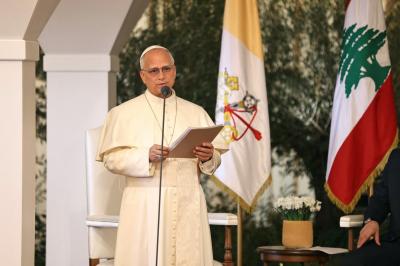As Lebanon grapples with an unrelenting economic and social crisis, a new report has shed light on another, equally alarming dimension of its collapse: the environment. According to the 2025 global Numbeo report, Lebanon now ranks third worldwide—and first in the Arab world—for pollution, scoring an alarming 89.63% on the global environmental quality index.
What makes the report particularly shocking is not just the ranking, but the granular details that expose the extent of Lebanon’s environmental decline. Water pollution stands at 80.58%, largely due to the unchecked dumping of untreated sewage into rivers and the sea. Air pollution follows closely at 77.84%, driven by the widespread use of diesel-powered private generators, chronic traffic congestion, and the lack of emission regulations.
Waste management, one of the most visible symptoms of Lebanon’s environmental crisis, has deteriorated by 85.50%. Trash continues to pile up on streets or ends up in makeshift, unregulated landfills. Compounding the crisis is an 82.49% shortage in green spaces, leaving Beirut and other major cities gasping for breath with no urban lungs to counterbalance the rising toxicity.
And the crisis doesn’t stop there. Noise and visual pollution have reached 65.70%, a direct consequence of Lebanon’s urban chaos and the absence of proper civil and environmental planning.
Environmental expert Dr. George Maalouf described the numbers as evidence of “an undeclared state of environmental emergency,” warning that pollution is now a direct contributor to chronic illnesses and a growing threat to public health. “This crisis is the result of decades of neglect and political apathy,” he said. “The environment was never a national priority—it was always treated as a marginal issue, undeserving of long-term planning or vision.”
The danger is compounded by the simultaneous collapse of Lebanon’s healthcare system and infrastructure, severely limiting the country’s capacity to respond to the growing environmental fallout. Rising cases of asthma, skin diseases, and respiratory illnesses—especially among children and the elderly—have become increasingly common.
In contrast, other Arab countries offer examples of how political will can reverse environmental damage. Oman, for instance, topped the Arab world in environmental cleanliness thanks to long-term policies focused on clean energy, forest protection, and waste system reform. While countries like Egypt, Morocco, and Jordan followed Lebanon on the pollution index, they have already begun taking tangible steps to improve their environmental performance.
The question now is unavoidable: Can Lebanon afford to ignore these dire indicators any longer? Or is it finally time to adopt a comprehensive environmental strategy that includes:
- A national waste management plan
- Regulation of the private generator sector
- Investment in public transportation to reduce car dependency
- Expansion of urban green spaces
- Widespread public environmental awareness campaigns
Lebanon is no longer just facing a political or economic collapse. It is facing an existential environmental crisis that threatens the health and future of every citizen. And like the economy, once the environment collapses—there may be no way to rebuild it.
Please post your comments on:
[email protected]
 Politics
Politics













